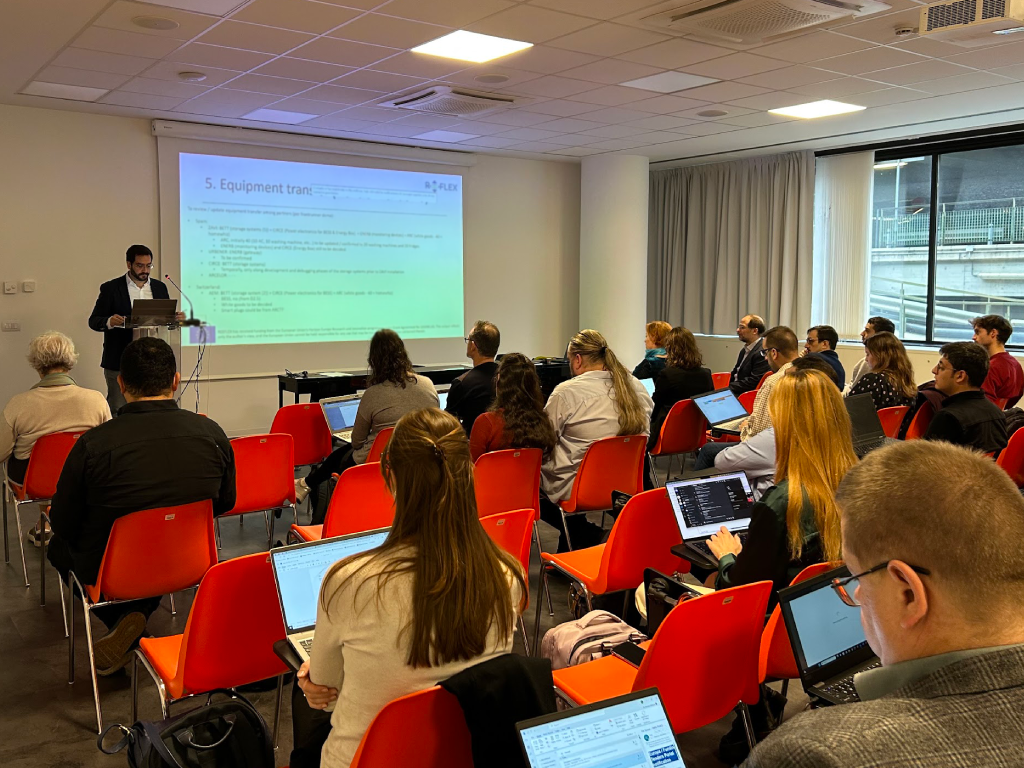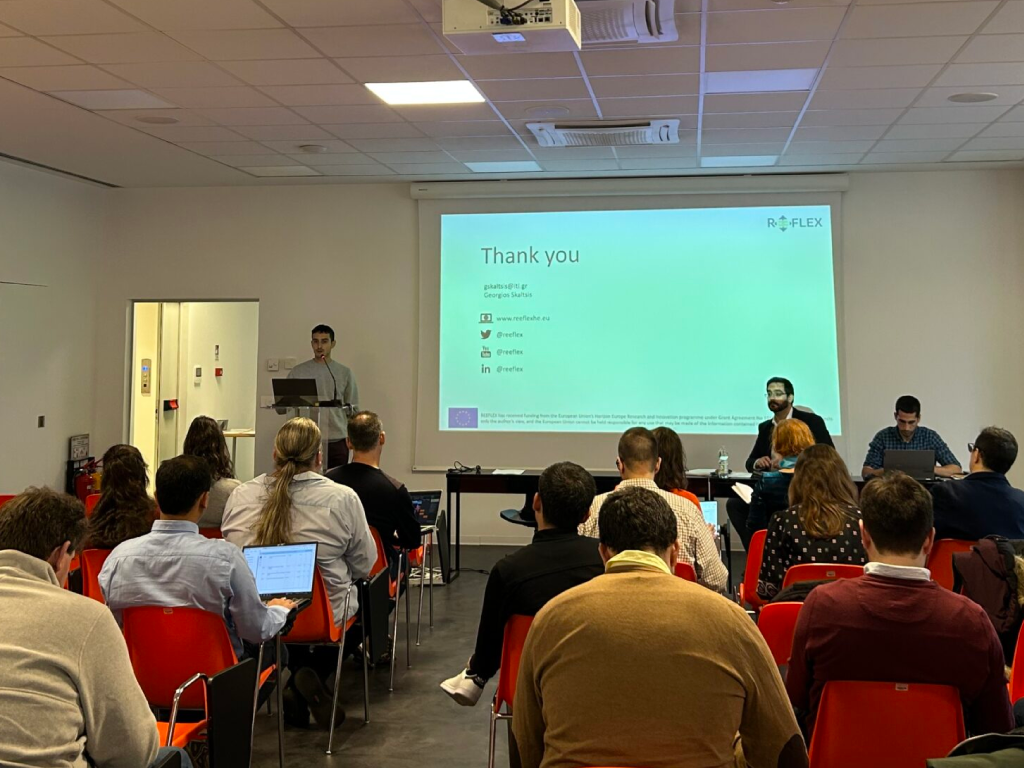Climate neutrality: Enerbrain in the EU team testing future solutions to cut emissions in cities
Enerbrain has achieved important results in an EU-funded project aimed at accelerating climate neutrality in major European cities by reducing emissions in the mobility and energy sector. Now the Turin-based company is taking part in another sustainability programme, which is focused on distributed energy resources: in recent days it has hosted a general assembly meeting of stakeholders at its headquarters.
REEFLEX European Project
On 21 November at Enerbrain’s Turin headquarters, a general assembly was held of all the partners involved in REEFLEX, the three-year EU-funded project to promote energy transition by making distributed energy resources (DER) more versatile and adaptable to different user and market needs. For Enerbrain, this was an important moment of discussion because it is contributing to the achievement of the overall goal and it will play a major role in the creation of the platform that will enable DER to be integrated into the energy system.
REEFLEX is part of the framework of initiatives promoted by the EU to push the development of innovative solutions in crucial sectors, including energy, in order to test them and assess their market introduction in the coming years. For Enerbrain, the possibility of participating in this trial therefore translates into a valuable opportunity to analyse the direction and thrust of the market, as well as to measure itself against this context and keep up with innovation. The results of this project, which started last January, will only be available in a few years, after tests have been carried out in Bulgaria, Greece, Spain and Switzerland, and replications in Turkey, Denmark and Portugal. It is scheduled to end in December 2026.


Conclusion of AI4Cities
On the other hand, AI4CITIES, another three-year EU-funded trial (2020-2022) to accelerate climate neutrality, has already come to an end. Thanks to the project, Enerbrain has contributed to a substantial reduction of 60 tonnes of CO₂ and it has improved the efficiency of the three buildings it worked on by an average of 25%.
AI4CITIES planned to exploit smart solutions to decrease greenhouse gas emissions in the areas of mobility and energy, two sectors which are responsible for 82% of pollution in European cities. Enerbrain joined the project after being selected from more than 40 SMEs, demonstrating its expertise in the field, and was tasked with conducting tests on three pilot projects: a kindergarten, a toy library in Copenhagen, and an office building in Amsterdam. In the latter case, Enerbrain installed a scalable IoT device kit to monitor energy use and optimise it in real time by activating intelligent remote control.
Enerbrain’s technology proved particularly effective for several reasons:
- Proprietary algorithms allowed online processing of building energy data, enabling continuous monitoring and reduction of energy consumption.
- The seamless integration of IoT with Enerbrain’s solution enabled comprehensive data collection and remote monitoring of building systems.
- Powerful data analysis and visualisation tools helped identify potential energy inefficiencies and implement measures proactively to reduce waste.
- The scalability and adaptability of the solution allowed it to be successfully applied in buildings of various sizes and complexities.
“Our participation in projects like AI4Cities is proof of our ongoing commitment to push the boundaries of what is possible. We have taken up and accepted the challenge of creating the sustainable cities of tomorrow, redefining what is feasible and shaping a legacy of positive change,” comments Marco Martellacci, Chief Innovation Officer at Enerbrain.
“For Enerbrain as a company, these kinds of projects serve as an impetus for our R&D department to experiment with new products that we can bring to market tomorrow. In particular, thanks to the European projects we are currently pursuing development in three areas: edge computing, optimal control, and business intelligence dashboards”, Martellacci concluded.
